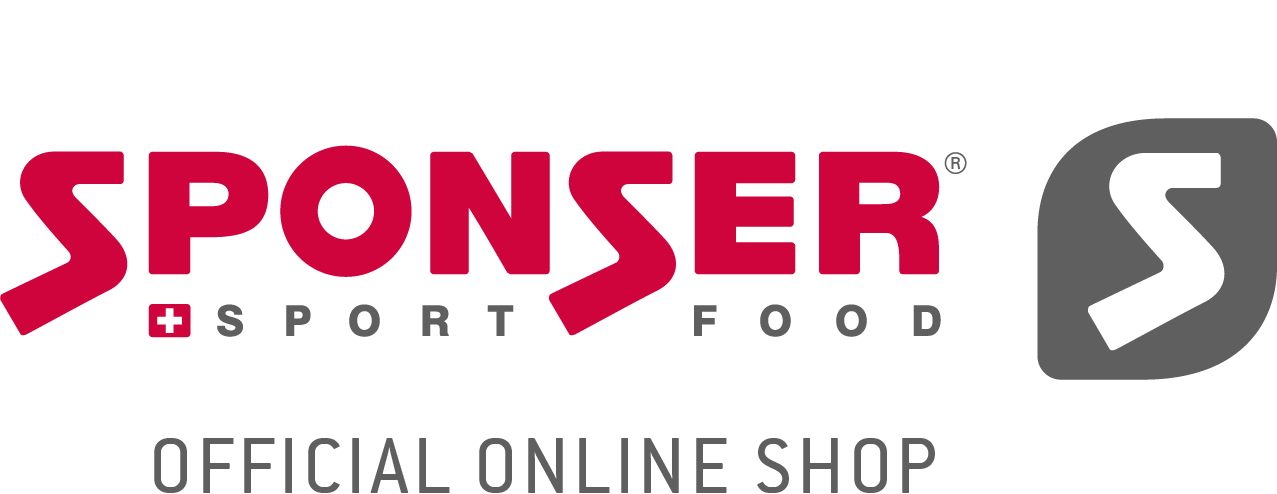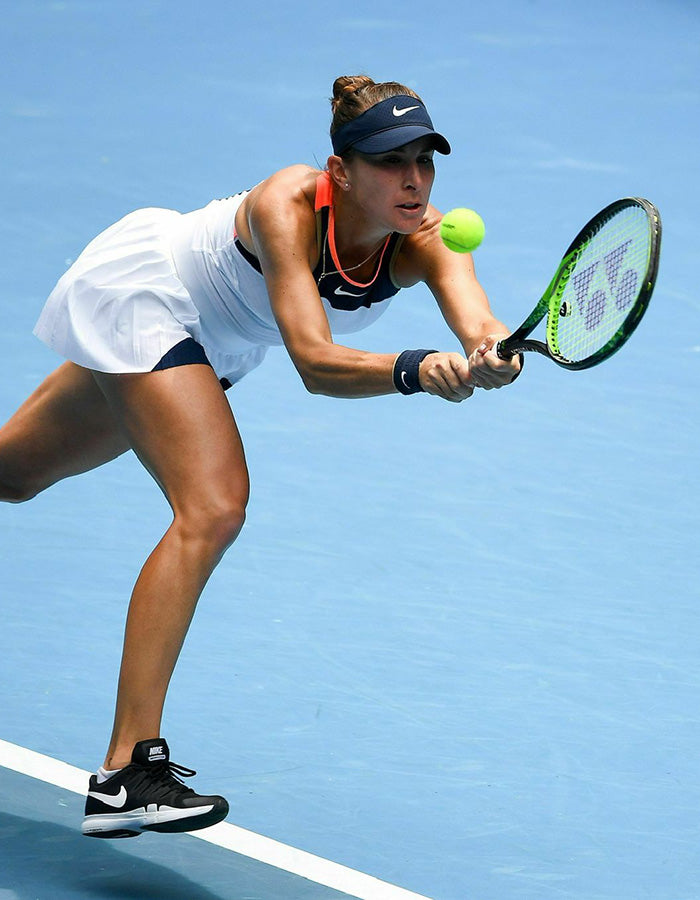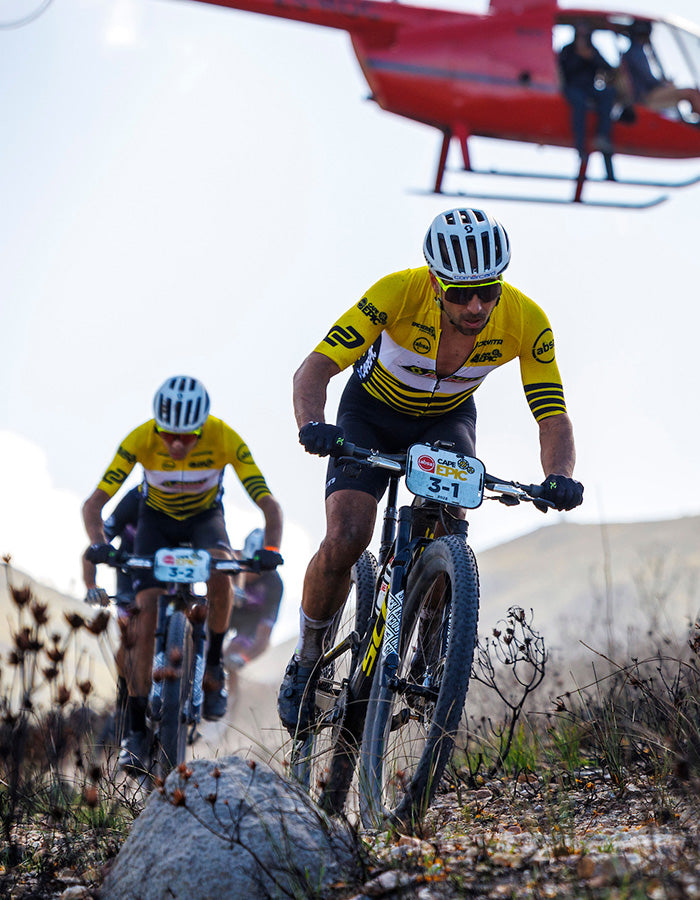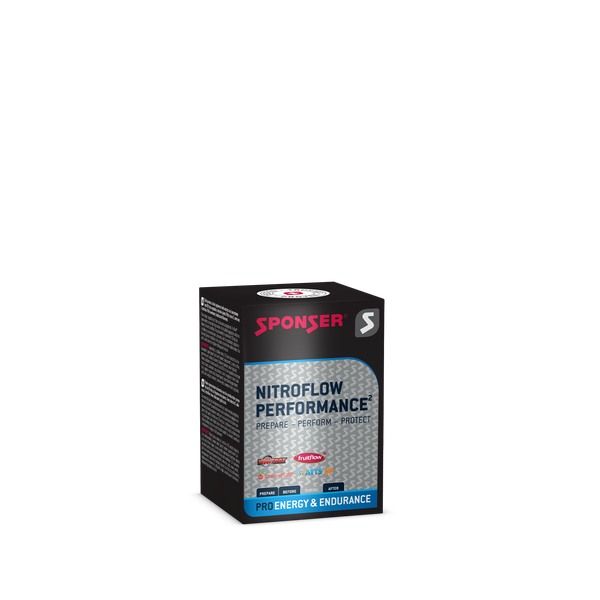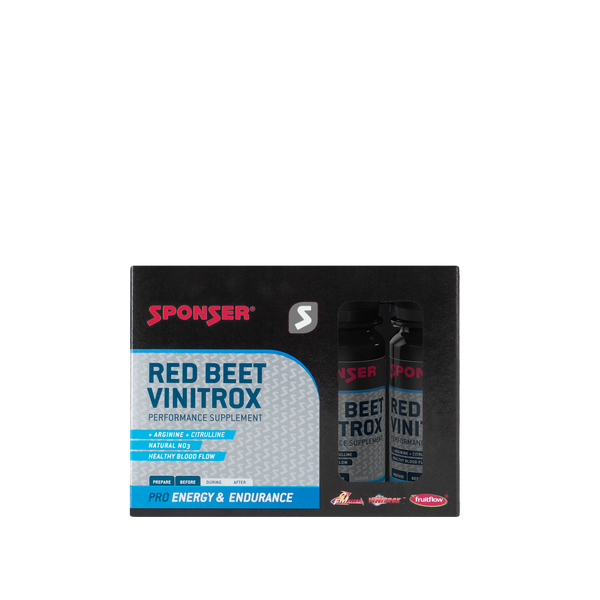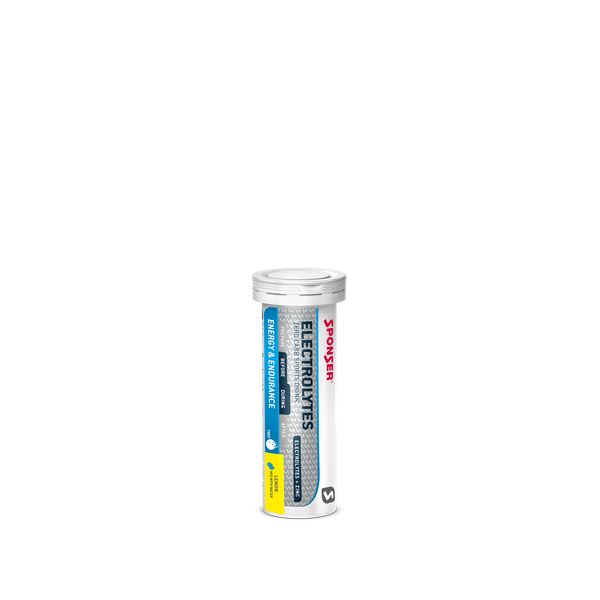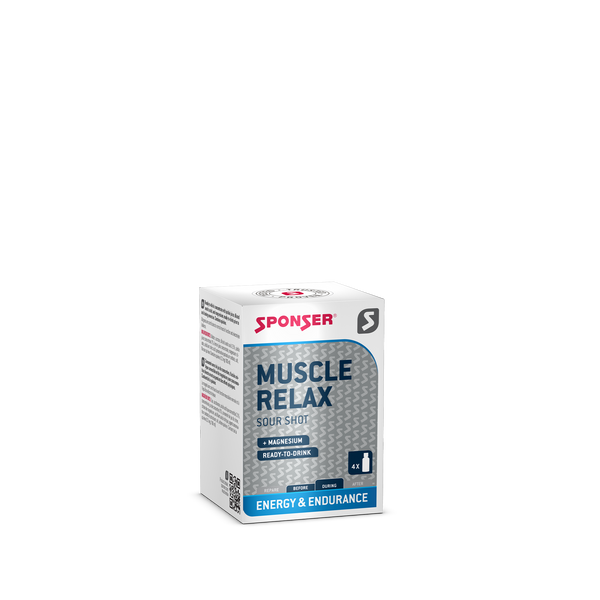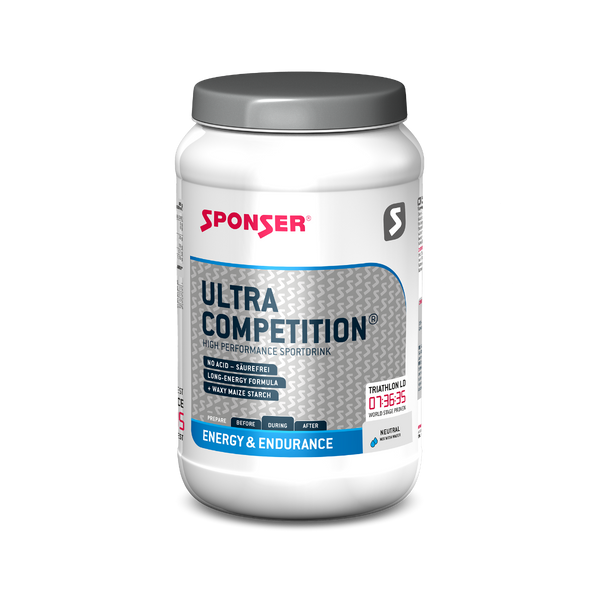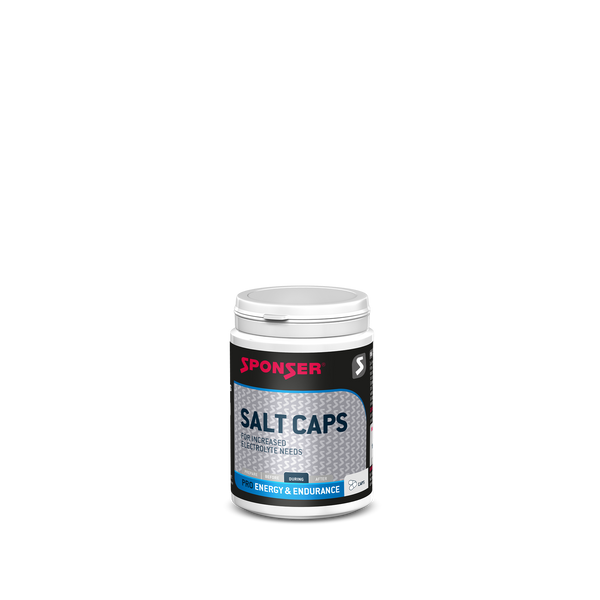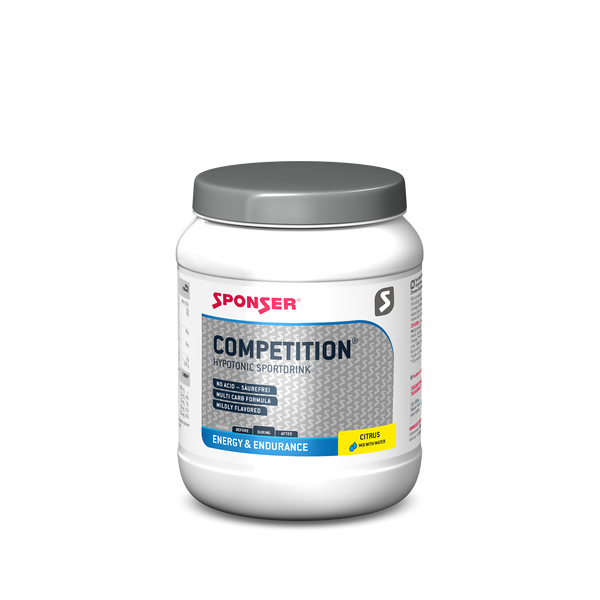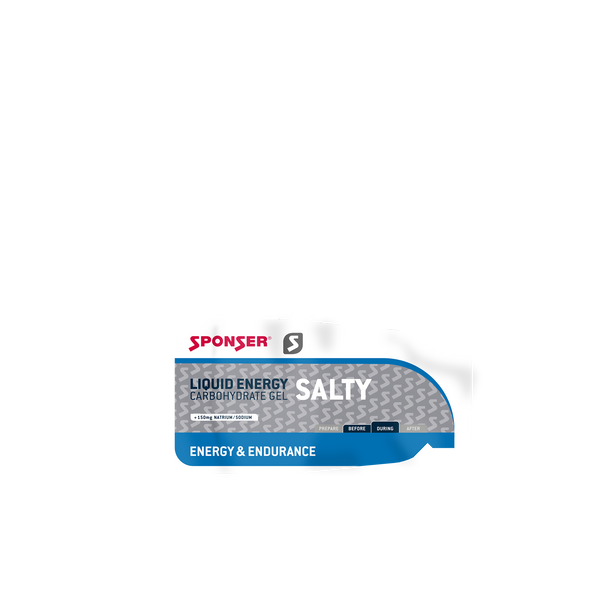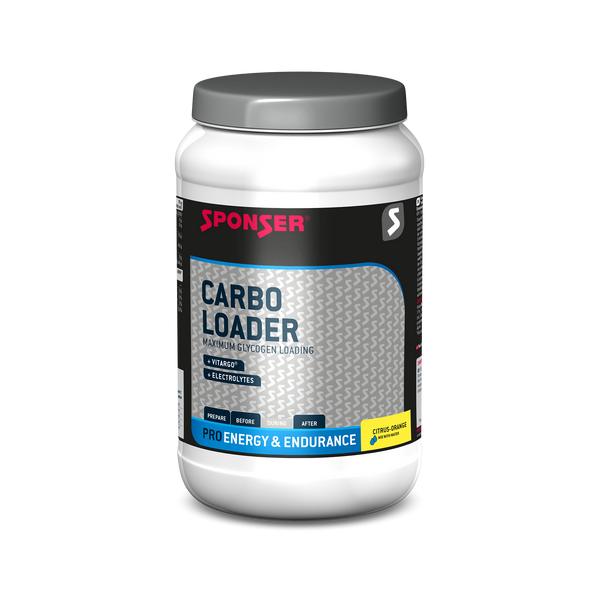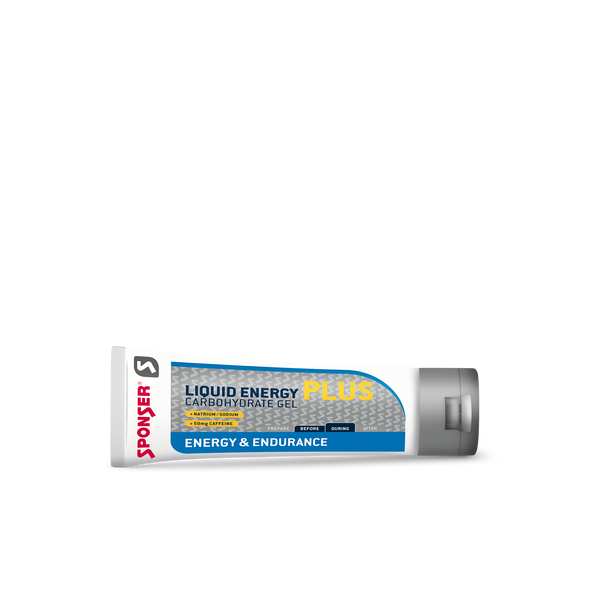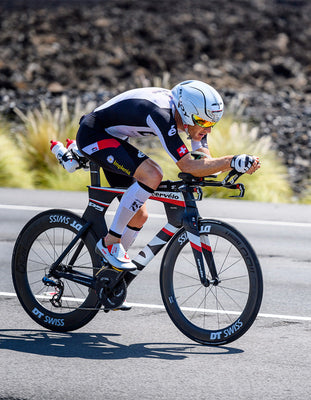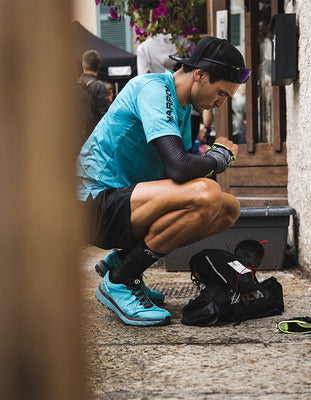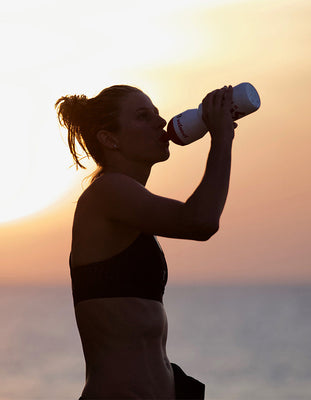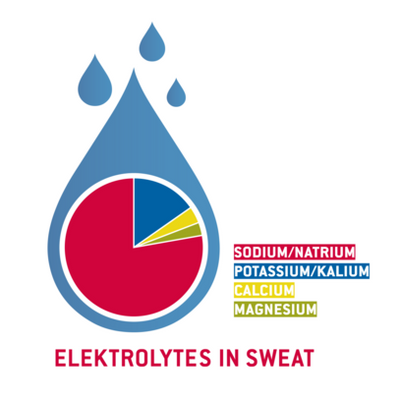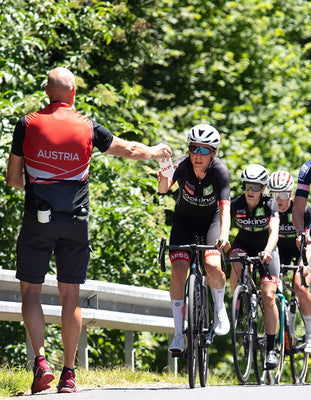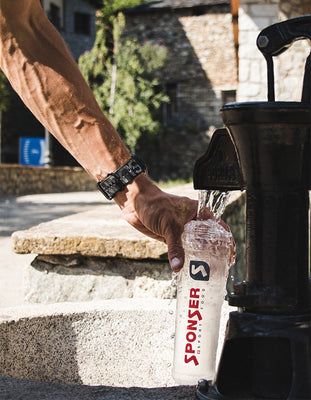
Photo credit: Peter Mettler, athletix
Important nutrition tips for running a marathon
The nutrition strategy before and during a marathon is basically a very individual matter, especially for longer running distances. Nevertheless, there are important guidelines to follow in order to get through the competition optimally. Special attention should be paid to the following three parameters:
• Fluid balance: Drink regularly and according to your thirst.
• Energy: Use easily digestible carbohydrates as the main source of energy, approx. 60-80 g per hour. Sports drinks and energy gels are particularly practical during marathons.
• Electrolytes/salt balance: Preferably use sports drinks and additionally take electrolytes (salt capsules) if the race lasts more than three hours. Especially, if pure water is drunk and warm temperatures prevail.
» The graphic marathon nutrition illustrates what runners need to pay attention to when it comes to nutrition within a marathon.
No experiments in competition!
Prior to use during competitions, we recommend testing all products in advance during training under competition-specific stress. Because even though optimal digestibility of the products is a central development component of SPONSER®, there are always individual and situational factors that have to be considered. Many an elite athlete has had to learn the hard way in this regard. Rule number one is therefore: No nutritional experiments on the day of competition or immediately before!
Ideally, your nutrition concept should be tested during long runs. Experienced athletes start them in a sober state and start later with the competition specific energy supply (after about one hour). Like this strategies, ingestion and tolerance can be tested under realistic conditions.
BEFORE COMPETITION
Activation of NO metabolism
Formerly a secret tip, the so-called nitric oxide activation has spread in recent years thanks to broad scientific support. In addition to professionals, this concept is also used today by numerous ambitious amateur athletes. The activation of the nitric oxide metabolism (NO) aims, among other things, at increased oxygen availability and improved blood flow. The most efficient products are NITROFLOW PERFORMANCE2 and RED BEET VINITROX.
Carboloading
The longer the competition, the more the body's limited carbohydrate reserves and absorption capacity become the performance-limiting criteria. As a rule, marathon runners therefore benefit from carboloading prior to a marathon. Efficient carboloading means filling the body's various carbohydrate stores to the maximum. Study results suggest that one to two days of carboloading before competition is the adequately efficient. However, large amounts of food on the eve of a competition often lead to an unpleasant feeling of fullness or even digestive problems, and are therefore not recommended.
Consequently, in addition to a generally carbohydrate-rich diet immediately before the competition, we recommend taking the specially developed CARBO LOADER on pre-race days. CARBO LOADER is a highly concentrated, carbohydrate-electrolyte drink without free fructose. Ideally, one portion should be taken after each main meal.
The advantages of such a carboloading are:
• Maximally filled glycogen stores.
• No feeling of fullness and less flatulence.
• Practical handling: CARBO LOADER, especially in a portion bag, can be easily taken at any location.
Electrolytes
The electrolytes balance should be maintained before the race start. A little extra salt during the last meals is a suitable measure in this respect. Ideally, you should take one or two salt capsules (SALT CAPS) or dissolve ELECTROLYTE TABS in a water bottle. If you want to take carbohydrates at the same time, take a sports drink (COMPETITION®).
Breakfast and last hour before competition
The last meal should preferably be eaten about 3 to 4 hours before the start. It should be easy to digest (as little fibre as possible!) and rich in carbohydrates. POWER PORRIDGE is ideal as such a pre-race breakfast. It is also advisable to drink regularly (but not excessively) until the start of the competition. Ideally not only water, as it does not contain electrolytes. It is recommended to take half a tube of LIQUID ENERGY GEL with some water about 5-10 minutes before the start.
IN COMPETITION
Energy
For almost all marathon runners, carbohydrates are the main source of energy in competition. However, their absorption capacity is physiologically limited. As a rule of thumb: Consume between 60-80 g carbohydrates per hour or approx. 1 g carbohydrates per kg of body weight.
Provided that carboloading has been carried out, you should start taking 60-80 g carbohydrates per hour (gels/drinks) about 30 to 60 min into your run. Without previous carbolading, carbohydrate ingestion should be started at the latest starting from 30 min run duration. In principle, it does not matter whether the energy intake is achieved through sports drinks or gels. Intake intervals of 15 to 20 minutes would be ideal. If too much energy is absorbed, this can lead to flatulence or digestive problems.
Fluid and electrolytes
Not only fluid but also electrolytes are lost through sweat. Therefore, it is important to drink regularly right from the start and to pay attention to the feeling of thirst, which is the most reliable indicator according to scientific findings. For nutritional and physiological reasons, we recommend taking COMPETITION®, LONG ENERGY or ULTRA COMPETITION carbohydrate-electrolyte drinks. The advantage: These sports drinks provide the body with valuable electrolytes, fluids and, of course, the necessary energy in hypotonic form. The drinks are also acid-free, provide a broad carbohydrate spectrum and are only discreetly flavoured, which makes them optimally tolerated.
Practical implementation
In practice, it is rarely possible to carry your own drinks during a marathon. Organizers rarely make an individual catering zone available, as it is known in professional sport. For this reason, we recommend carrying some LIQUID ENERGY GELS (attached to the running belt) in order to standardise energy and electrolyte absorption. As a rule of thumb: 1- 1.5 LIQUID ENERGY gel tubes or 60 to 80 g carbohydrates distributed over one hour. Ingest the major part preferably shortly before arriving at the refreshment stand in order to cover the concomitant fluid requirements with water.
The choice of gels (LIQUID ENERGY PLUS, LIQUID ENERGY BCAA, LIQUID ENERGY PURE, or LIQUID ENERGY SALTY) is individual and can be varied at preference. The LIQUID ENERGY SALTY gel is a good change in heat - not least from a taste point of view. It contains more salt, tastes spicy-salty and less sweet. With increasing competition duration, high temperatures and a tendency to cramp, we recommend the use of SALT CAPS as an additional electrolyte source (approx. 1-2 caps per hour).
Performance Optimizer
If you tend to cramp with increasing competition duration or in general, you can use the MUSCLE RELAX shot as a remedy. The pickle juice-like, sour-sharp drinking solution activates neurosensory receptors and helps to normalise muscle function.
AFTER COMPETITION
Fast regeneration pays off
The regeneration phase begins immediately after the finish line and is particularly decisive. The faster, the better for the body, even if there is usually no feeling of hunger at this point.
The following three factors are central to your rapid regeneration:
• Replenishment of glycogen stores through easily digestible carbohydrates.
• Rehydration with fluid and electrolytes.
• Restoration/repair of the muscles with protein.
Elite athletes consume a professional regeneration drink with a protein content of approx. 20 to 30 g within 30 minutes after passing the finish line in order to cover all important elements easily and efficiently. PRO RECOVERY, RECOVERY SHAKE or WHEY ISOLATE 94 are used most frequently. The RECOVERY DRINK (combined with a flask AMINO 12500) has also proven itself in practice thanks to its practical portion size.
Related articles
on » endurance performance
on » energy & carbohydrates
on » fluids
on » race nutrition
shop » energy & endurance
goal » energy & endurance
Author: Remo Jutzeler
Head R&D SPONSER SPORT FOOD
Ing. Applied Food Sciences FH
MAS Nutrition & Health ETHZ
